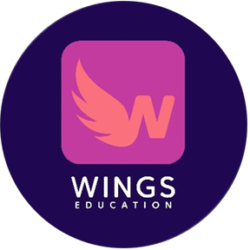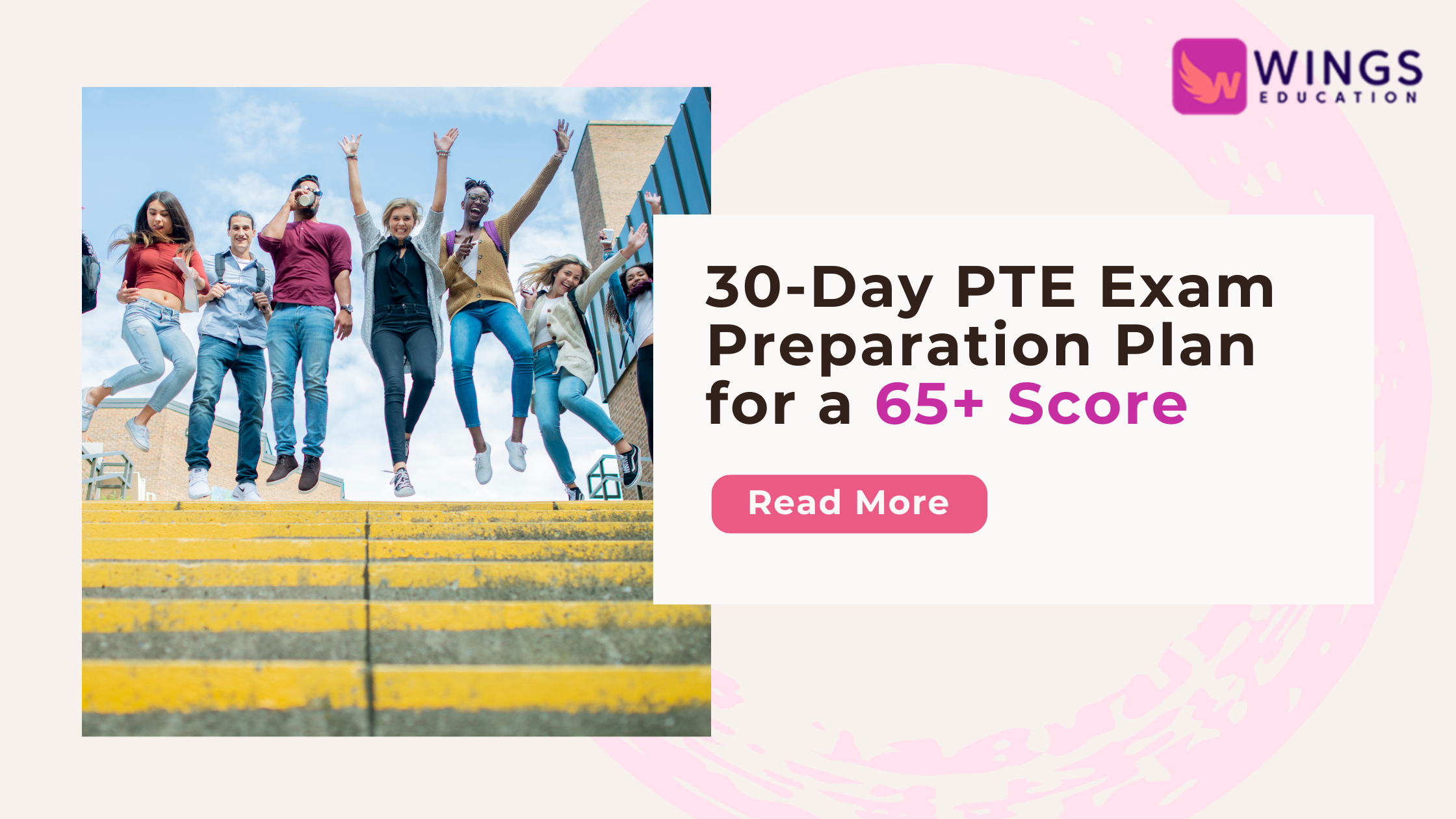IELTS Academic Reading Tips
IELTS Academic Reading Tips
An overview for the preparation of IELTS exam: IELTS Academic Reading Tips
- IELTS reading consists of General and Academic.
- IELTS General is taken for migration purposes and IELTS Academic is taken for admissions into universities as well as for professional registration purposes.
- Academic students get three long passages on topics related to science, history, and other academic related subjects, like journals and book extracts.
- General students get four lengthy passages related to advertisements, job descriptions, and general texts on notices, travel brochures etc.
- The total timings for both the texts are 60 minutes.
Tips and strategies to attain your target score in Academic IELTS.
The Academic Reading testing skills consists of:-
Match the headings.
Match information with the paragraphs.
True or false /not given and yes/no/not given questions.
Note, summary, table, flow chart completion.
Label the diagram.
Multiple choice Questions.
Matching sentence endings.
Sentence Completion.
Short Answer Questions.
Tips and Strategies to improve IELTS reading:
1.Begin by improving reading skills:
The first major factor is to develop skills my practicing each question types. It helps to save time and locate answers quickly.
2. Skimming and Scanning:
Skimming to read through the passage to get a general idea of the passage. But do this a little slower and understand the topic. Look for key words. Try to summarise the paragraph in your mind. Look for information by reading the first two sentences and last two sentences of the paragraph. Scanning for specific words, by looking for synonyms and paraphrases (words that have the same meaning). For example, 35%, in the question is written as over a third in the paragraph. Some Answers do not come in order. So look for place names and numbers in the questions. Read the question statement and predict the answer.
3. Read the Instructions Carefully:
IELTS students loose marks by not reading the questions properly. For instance, the instructions provided would be write two words and/or a number. This could mean:
One word, one word and a number, two words and a number. Even if a number is written as a word it is counted as number. If the answer asks for two words and the answer is coffee and tea, you should write ‘coffee, tea’, omitting the word ‘and’. Or else, coffee and tea forms three words and your answer would be marked wrong.
4. Develop Vocabulary:
Learning vocabulary is not just about understanding the meaning of the word, it is about using it appropriately based on the situation.
When you come across a new word that is not familiar to you, try to guess its meaning based on the words and sentences around it. Practice learning new vocabulary and note it down in a book. Every individual has his own method of practicing skills , find out what helps you to memorize and use it effectively.
5. Time management plays a key role:
Develop speed reading skills by using a stop watch.
Spending too much time on one question, will cause delay and confusion while answering other questions. Try to finish each section with a time limit of 20 minutes. But practice by breaking it down to 15-16 minutes, so that 4-5 minutes can be used to check and transfer your answers. When you realize which questions take more time and lesser time, it will help you to improve with confidence.
Answer all the Questions:
Do not leave any questions unanswered by leaving blanks.
Attempt it even if you do not know the answer. You might turn lucky and gain more marks.
Practice makes you perfect and at Wings Education, we provide the best coaching, individual attention, and best practice materials to achieve your target score. Check out more about IELTS in Brisbane here.
We request all students to aim high for “SKY IS THE LIMIT”.























